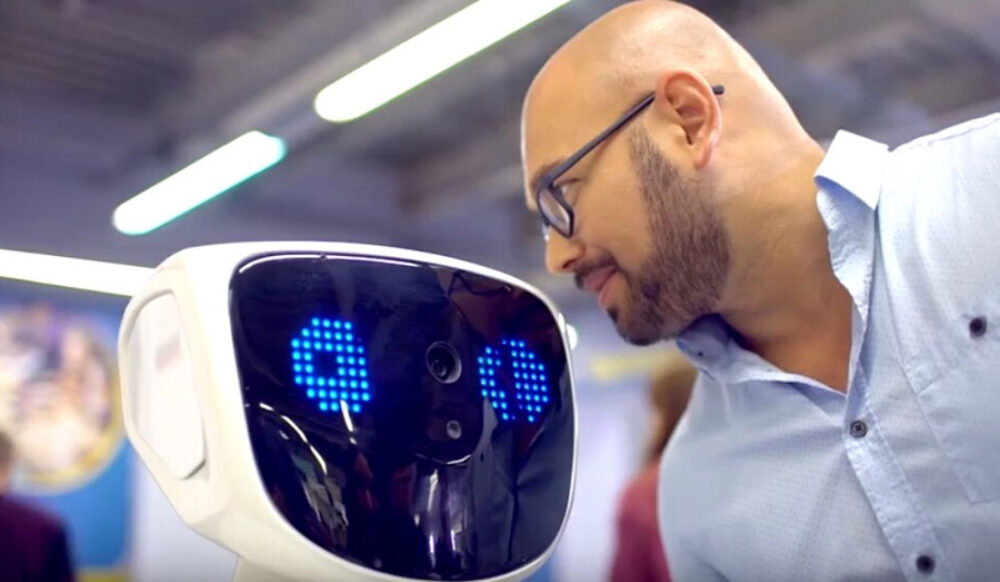What is not clear from modern literature is how to resolve the incompatible underpinning philosophy and ideology of the mechanism of technology with that of existence and purpose of the human being and what impact that would have on business processes behaviour. Recent calls for stronger ethical awareness and behaviour in business dealings have drawn close attention to this problem.
To make the best use of available knowledge, one must be able to know what is likely to happen or not happen when ideas are applied. An awareness of the practical consequences of action can only be achieved by those deemed cognisant to be able to discern the difference. Technology as it currently stands is extremely limited in this respect, as is anything else that uses it as an omnibus. Technology for example can hardly be pragmatic in the application of wisdom in terms of its understanding of the practical consequences and outputs of action.
Wisdom also includes an awareness of the immeasurable dignity of each human person beyond reason, possessing indisputable rights, being ends in themselves, and experiencing inner lives rich in feelings, memories, thoughts, and emotions.
While ethical discourse tends to focus on the distinction between ethical and unethical behaviour, with a view to avoiding the latter, wisdom is further understood to imply ability and desire to choose from among ethical behaviours. State of the art technology is unable to be ethically aware and consequently unable to choose between ethical behaviours. This of course does not prevent human actors to use wisdom to highlight the overtly materialistic scientific philosophies that value the machines over the central role the human plays in business affairs.
A purely technologically based approach to the development and implementation of business processes can devalue the human because underpinning it there exists a developed form of materialism that infiltrates the business domain in the form of ‘mechanistic’ thinking. A mutually beneficial way forward is to argue for a philosophically symbiotic approach to the design and implementation of business processes in order to detect humanly devaluing philosophies underlying the discourse and claims of technology applications. In particular, the non-materialistic ‘essence’ of human beings which contains the ability to gain practical wisdom through learning, emotion, inquiry and change should be highlighted and acknowledged.
A sharp distinction should be drawn between the underlying mechanistic thinking that dominates technologically-based approaches and argue the case for ethical scrutiny as a way of highlighting the inadequacies in the materialistic philosophy of mechanism. Whilst it may appear that these things are obvious, a great majority of business undertakings could better reflect such ideals.
The elusive concept of human consciousness has been described as the subjective character of experience, but to develop any technical model of ethics (to clarify understanding or build an objective theory), there must be a reduction from multiple viewpoints to a single viewpoint, some aspects must be left aside.
However, the phenomenological features of experience (which includes ethics) cannot be excluded in a reduction (as is usually the case in deriving models) because that is all there is to experience. It follows then that it could not be possible, by electronic devices such as a robot, to produce or even emulate ethical behaviour to any meaningful level.
In conclusion, there are aspects of human rationality which have at their disposal a range of acquired ethical and moral predispositions that defy mechanical or mathematical description. These aspects cannot be reduced to an objective nature through algorithmic engagement. A holistic (non-reductionist) approach appears for now, the only way forward to embody ethics in the design and implementation of business processes.
AUTHOR
Dr Louis Sanzogni is a Senior Lecturer in the Department of Business Strategy and Innovation.






